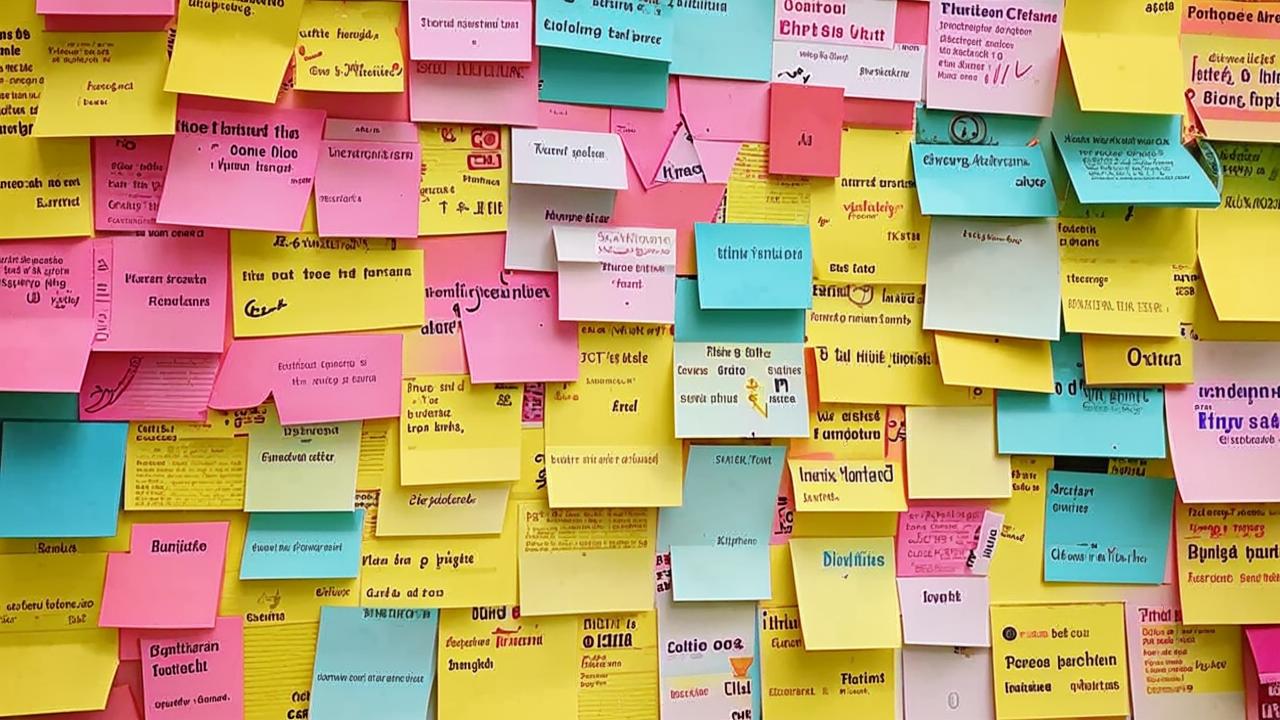Every day we are faced with the need to decide something. But in many situations we experience uncertainty and doubt, which does not allow us to be prompt in this matter. Each unaccepted decision remains in the psyche and takes away the resource like a running program from the computer’s RAM.
When such decisions accumulate a lot, psychological tension increases, and we experience discomfort, stress, irritability. All this in the long term leads to a decrease in performance and even disease.

psychologist, specialist in integrative and applied psychology, sports psychologist, business psychologist
In order not to waste a lot of energy and channel it into the direction of solving problems, you should use a few rules.
Set strategic goals
When you have plans for your life that are important and will be realized in the long term, it’s much easier to make choices about everyday minutiae. “How will this lead me to my big goals?” – is a question to ask yourself when you find yourself in choice situations.
For example, if you are invited to a party on Friday and on Saturday you have an important exam on which your career depends, you should choose the option that is in line with your important life goals. It is foolish to lose the opportunity to become a great specialist for the sake of dubious pleasure.

Be prepared to gain experience
Try to assess the possible damage from the decision, think about the consequences. How will you minimize them? If you know how to recover from failure and know how to gain experience from the consequences of a choice, making that choice is much easier.

Work with fears
Fears get in the way of decision making. “What if…?” – the ending everyone comes up with for themselves. But fears are often false. To get rid of them, think about what terrible things could happen to you if you choose a situation about which you have doubts.
Then write down three strategies for getting out of such trouble. It is important for the brain to have a plan for getting out of the circumstances. It makes it easier to take action. As the saying goes, before you go in, you need to understand how you can get out.
In many cases, we don’t make a choice just because we are afraid of losing the opportunity to enjoy ourselves and spend our time carelessly. If you have a passport, it pays to make choices in favor of adult strategies.
Adulthood is about making choices and accepting their consequences, being able to voluntarily give up carelessness in favor of well-being, goals, and being able to enjoy being busy.
Limit the time you have to make choices
If you have a deadline to make a decision, it’s much easier to make a choice. Try to limit your thinking time. The more you think – the more doubts can arise. But many of them are fantasy. Important decisions take longer, less important decisions take a little less time. But keep in mind, regardless of importance, there should be a time limit. Use the time left to think wisely and slowly weigh the pros and cons.

Follow the principle of sufficiency
The desire to do everything perfectly is another aspect that hinders decision making. It is important to do not to do everything perfectly, but enough to achieve the desired result. In the future you will be able to “polish” the obtained, if necessary.
And if you realize that you do not want to continue, it will be easier to change direction, because when preparing in the mode of “you need everything to be perfect” you will spend a lot of resources on something that may not ultimately satisfy. In the end, there may not be any resources left to start over, and your mood will be so bad because of the big loss.
While you are thinking, someone else is already doing.
In business, this principle is vital. Many entrepreneurs go to market with a product they are already producing, even though they had the idea for the product before anyone else did.

Prioritize and plan
Sometimes there is no need to make a categorical choice. All you need to do is prioritize your tasks in the right order and allocate the right amount of time to each according to importance and necessity.

Take pauses
Your “no” is sometimes just a necessity to keep the decision from hanging in the air. The important thing is that a hanging decision doesn’t get in the way of living your life. If in doubt and unable to make a decision – take a pause through the rejection, promising yourself to return to thinking in a more comfortable environment.
Normally, there is almost always an opportunity to return to the conversation and discuss the issue again to change the decision. Keep that opportunity for yourself. A missed chance is far from always the last. If objectively you have time to make a choice – set it aside with a clearly marked time to return to reflection.

Refuse to make guarantees
Inability to make a decision is an unconscious, infantile desire to attract a person who will give guarantees and promise that everything will be fine. An adult is able to tolerate uncertainty calmly and cope with difficulties.
Train curiosity and interest in gaining experience. Very often the inability to make decisions has deep psychological roots. To adjust the work of such underlying patterns that interfere with decision-making, you can turn to a specialist.






